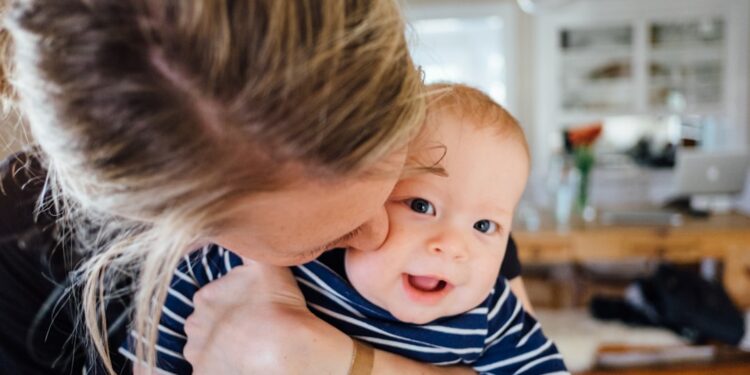Promoting Global Citizenship Through Bilingual Education
In our interconnected world, global citizenship is becoming increasingly important. As technology allows us to communicate with people from all corners of the globe, it is essential that we understand and appreciate different cultures and languages. Bilingual education is a powerful tool that can help foster a sense of global citizenship in children, starting with quality Child Care programs.
Bilingual education involves teaching academic content in two languages, allowing children to become proficient in both languages while also gaining a deeper understanding of different cultures. By exposing children to different languages at an early age, we can help them develop a greater appreciation for diversity and foster a sense of empathy and understanding towards others.
Child care programs that incorporate bilingual education can play a key role in promoting global citizenship. By providing children with the opportunity to learn a second language in a supportive and nurturing environment, these programs can help prepare them to become global citizens who are open-minded, culturally aware, and able to communicate effectively with people from different backgrounds.
Bilingual education can also help children develop important cognitive skills. Research has shown that learning a second language can improve problem-solving abilities, critical thinking skills, and creativity. By providing children with the opportunity to learn a second language through bilingual education, child care programs can help them develop the skills they need to thrive in an increasingly interconnected world.
In addition to cognitive benefits, bilingual education can also have social and emotional benefits for children. By learning a second language, children can gain a greater appreciation for diversity and develop a sense of empathy towards others. This can help them become more tolerant and understanding individuals, capable of working collaboratively with people from all walks of life.
Child care programs that promote global citizenship through bilingual education can help children develop the skills they need to succeed in an increasingly diverse and interconnected world. By providing children with the opportunity to learn a second language, these programs can help foster a sense of empathy, understanding, and mutual respect among children of different backgrounds.
In conclusion, promoting global citizenship through bilingual education is essential in preparing children to thrive in a multicultural and interconnected world. Child care programs that incorporate bilingual education can play a key role in helping children develop important cognitive, social, and emotional skills that will enable them to become global citizens who are able to communicate effectively and empathize with others. By investing in bilingual education in child care programs, we can help create a more tolerant, inclusive, and interconnected society for future generations.















